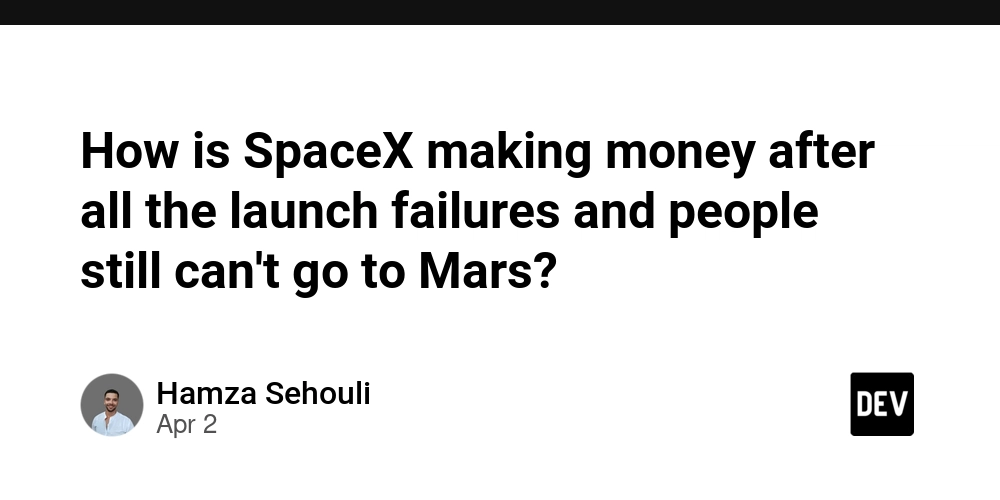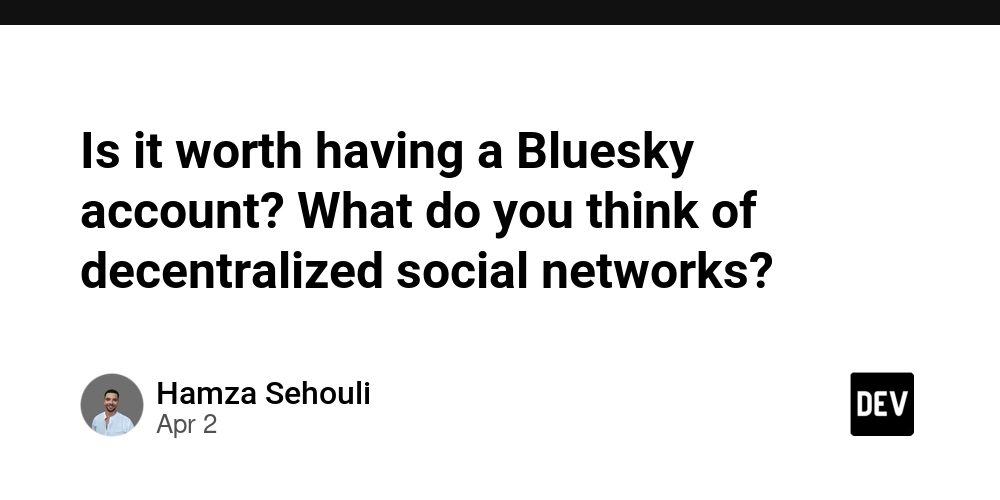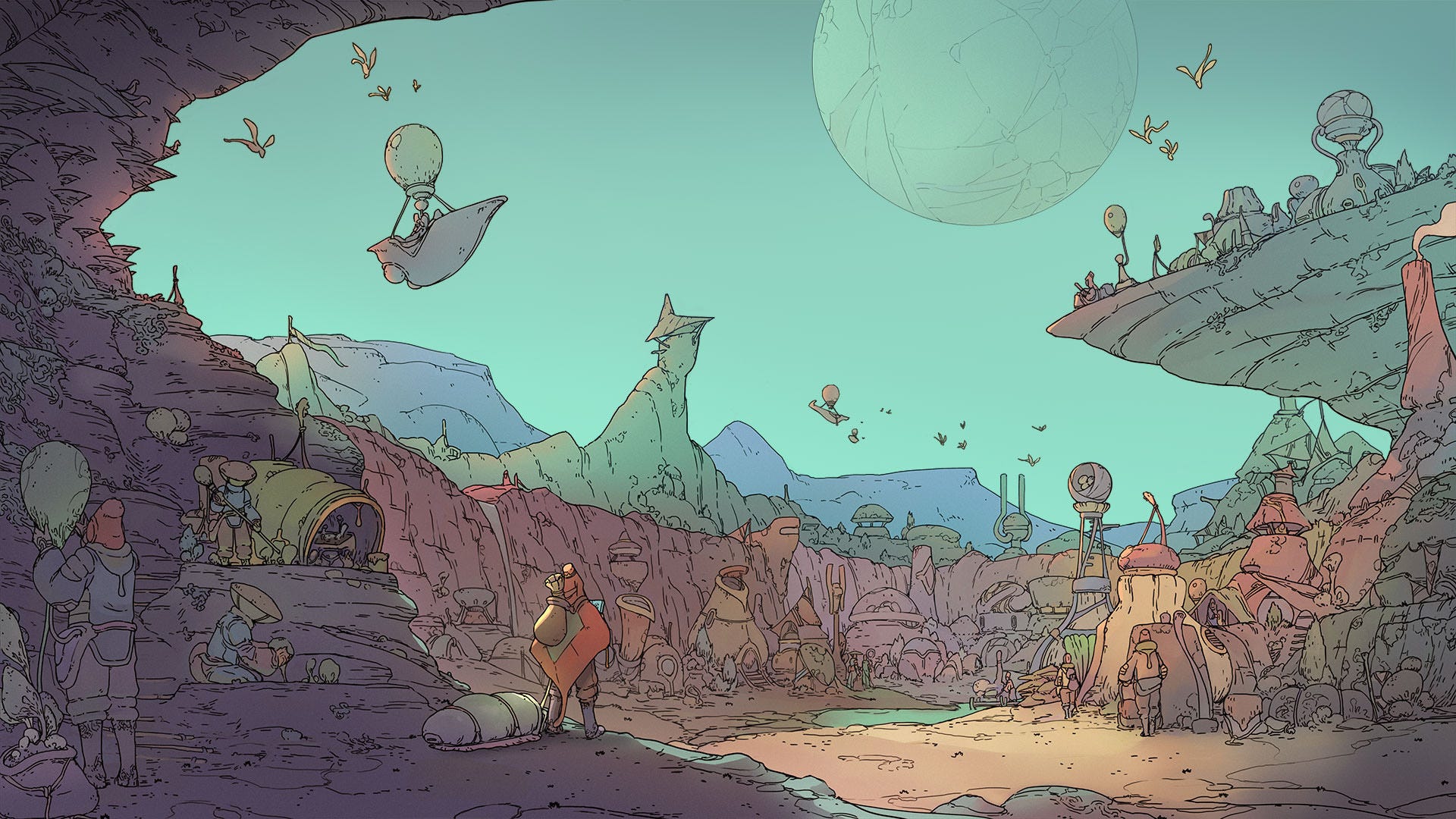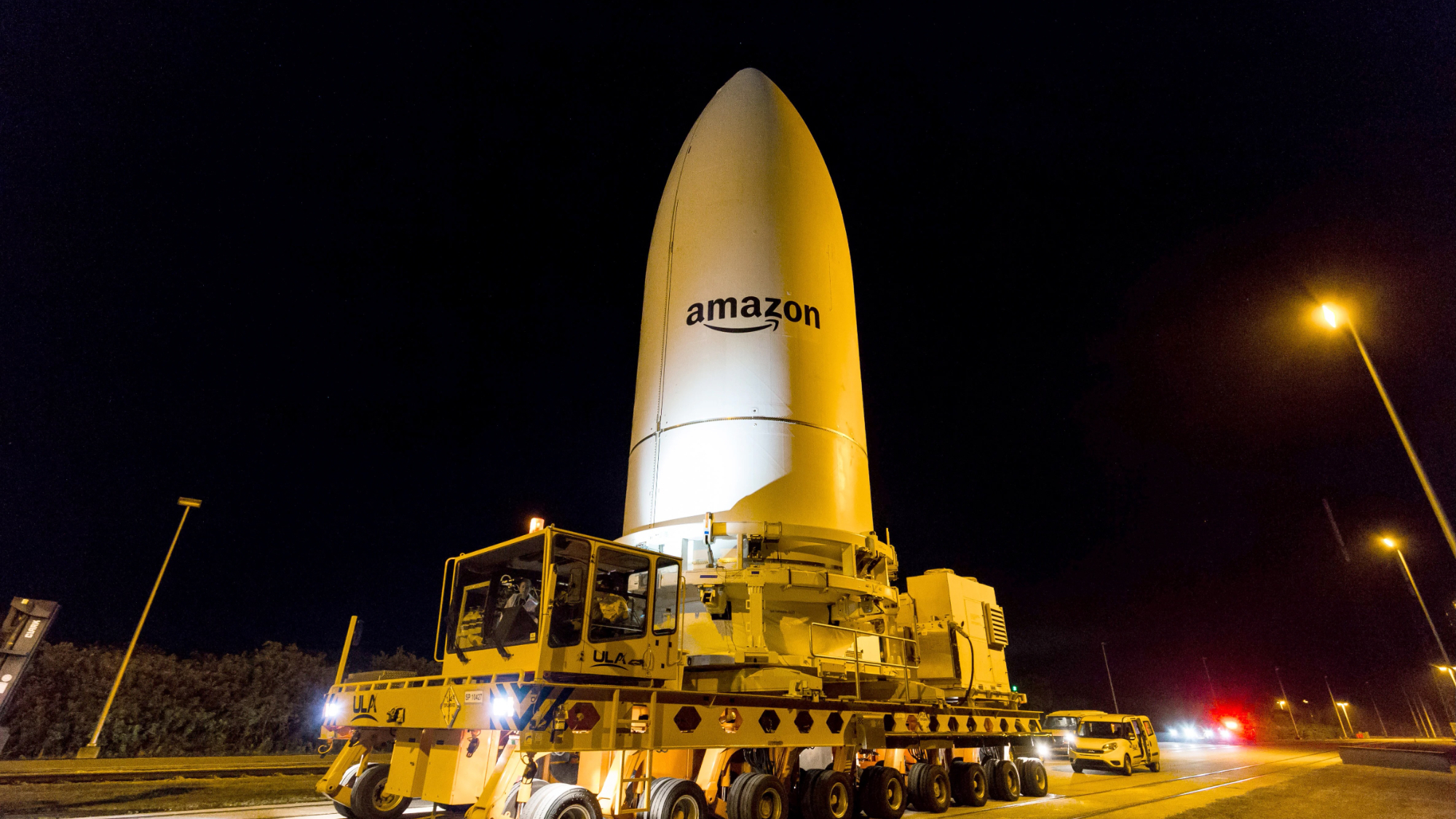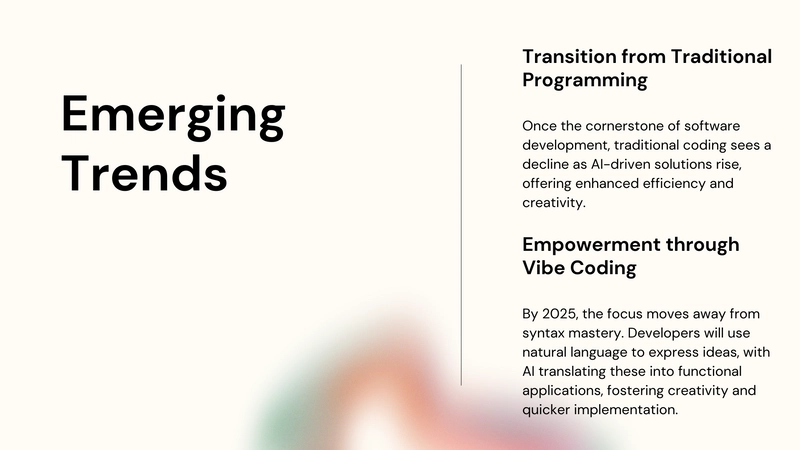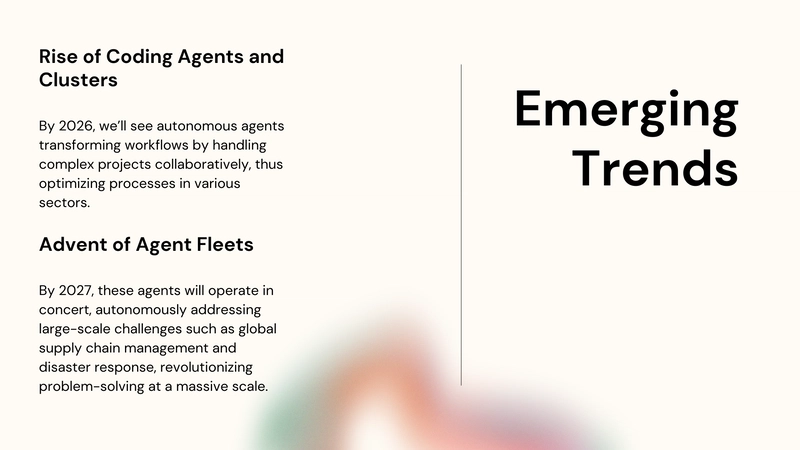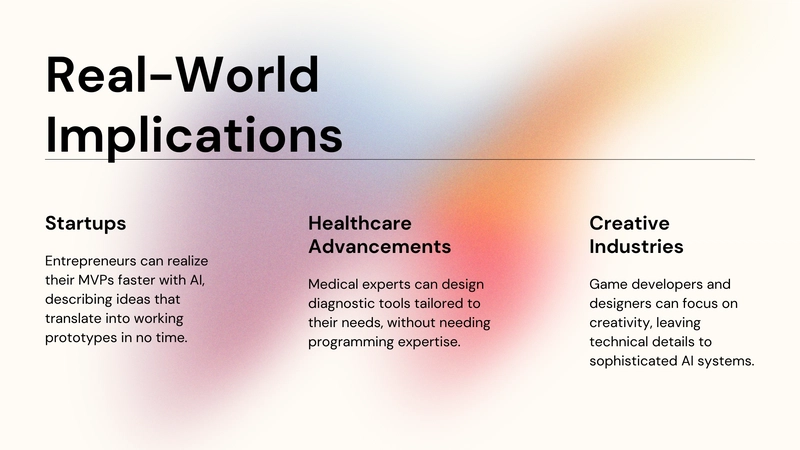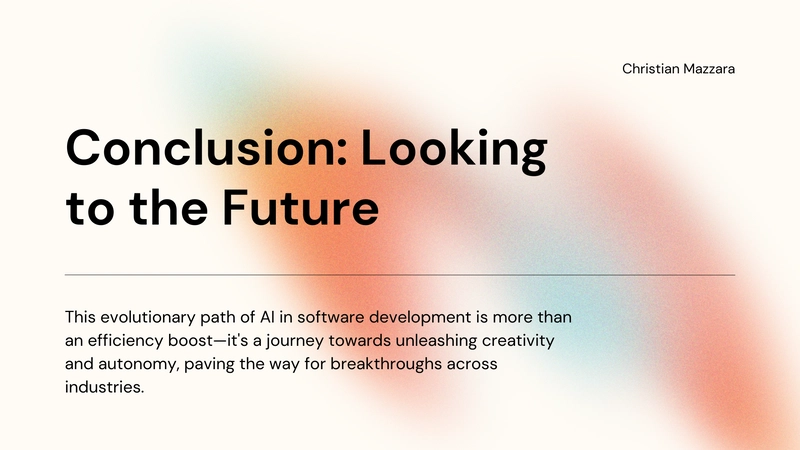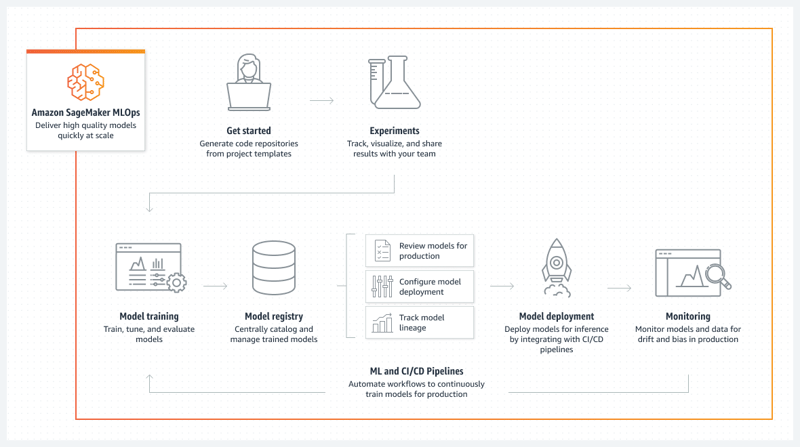In today’s dynamic tech world, new AI coding methodologies are redefining how we approach software development. As we move forward, these cutting-edge approaches promise to shift paradigms in our industry. Emerging Trends: Transition from Traditional Programming: Once the cornerstone of software development, traditional coding sees a decline as AI-driven solutions rise, offering enhanced efficiency and creativity. Empowerment through Vibe Coding: By 2025, the focus moves away from syntax mastery. Developers will use natural language to express ideas, with AI translating these into functional applications, fostering creativity and quicker implementation. Rise of Coding Agents and Clusters: By 2026, we’ll see autonomous agents transforming workflows by handling complex projects collaboratively, thus optimizing processes in various sectors. Advent of Agent Fleets: By 2027, these agents will operate in concert, autonomously addressing large-scale challenges such as global supply chain management and disaster response, revolutionizing problem-solving at a massive scale. Real-World Implications: Startups: Entrepreneurs can realize their MVPs faster with AI, describing ideas that translate into working prototypes in no time. Creative Industries: Game developers and designers can focus on creativity, leaving technical details to sophisticated AI systems. Healthcare Advancements: Medical experts can design diagnostic tools tailored to their needs, without needing programming expertise. Looking to the Future: This evolutionary path of AI in software development is more than an efficiency boost—it's a journey towards unleashing creativity and autonomy, paving the way for breakthroughs across industries LinkedIn

In today’s dynamic tech world, new AI coding methodologies are redefining how we approach software development. As we move forward, these cutting-edge approaches promise to shift paradigms in our industry.
Emerging Trends:
Transition from Traditional Programming:
Once the cornerstone of software development, traditional coding sees a decline as AI-driven solutions rise, offering enhanced efficiency and creativity.Empowerment through Vibe Coding:
By 2025, the focus moves away from syntax mastery. Developers will use natural language to express ideas, with AI translating these into functional applications, fostering creativity and quicker implementation.Rise of Coding Agents and Clusters:
By 2026, we’ll see autonomous agents transforming workflows by handling complex projects collaboratively, thus optimizing processes in various sectors.Advent of Agent Fleets:
By 2027, these agents will operate in concert, autonomously addressing large-scale challenges such as global supply chain management and disaster response, revolutionizing problem-solving at a massive scale.
Real-World Implications:
Startups:
Entrepreneurs can realize their MVPs faster with AI, describing ideas that translate into working prototypes in no time.Creative Industries:
Game developers and designers can focus on creativity, leaving technical details to sophisticated AI systems.Healthcare Advancements:
Medical experts can design diagnostic tools tailored to their needs, without needing programming expertise.
Looking to the Future:
This evolutionary path of AI in software development is more than an efficiency boost—it's a journey towards unleashing creativity and autonomy, paving the way for breakthroughs across industries












